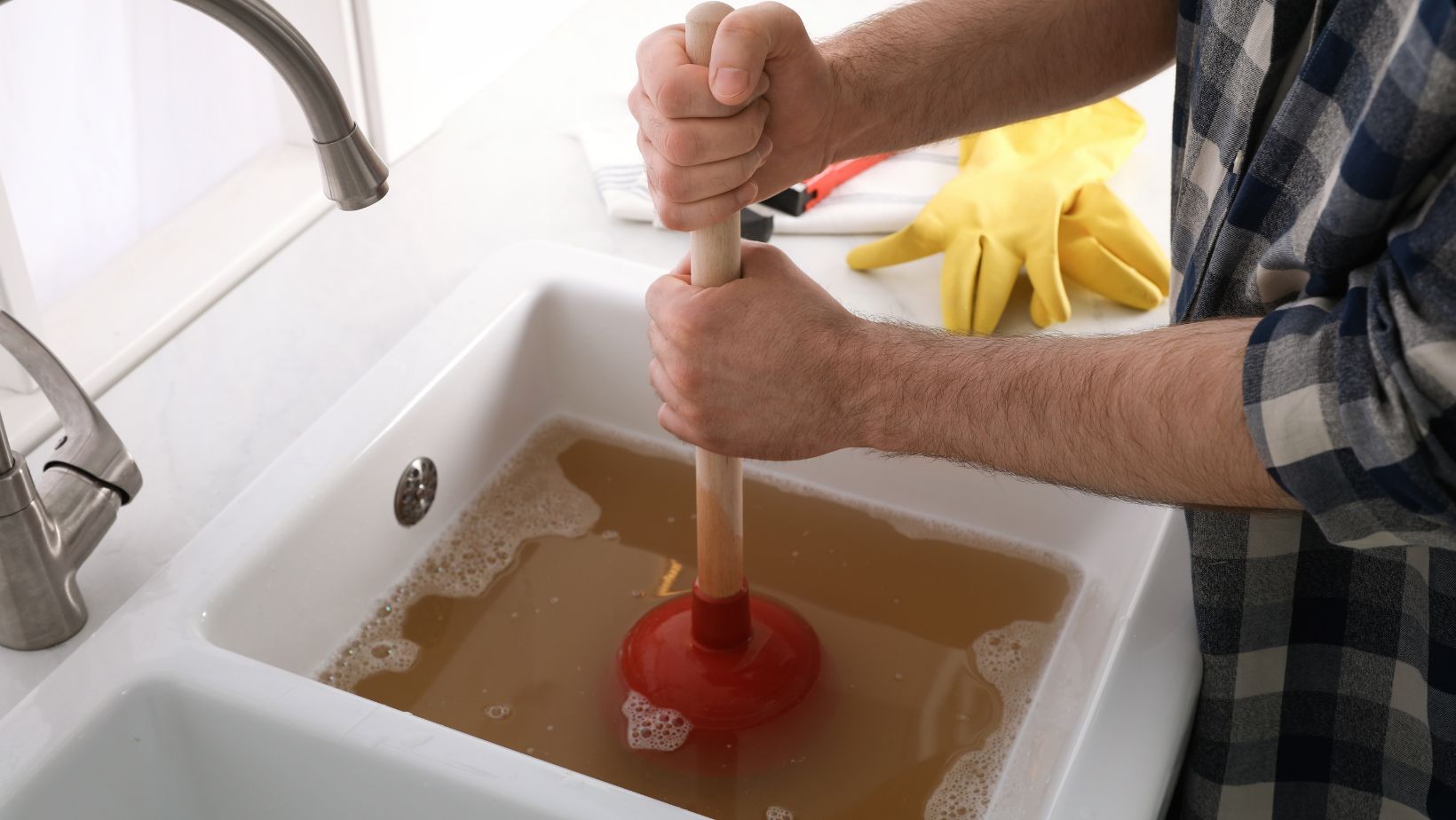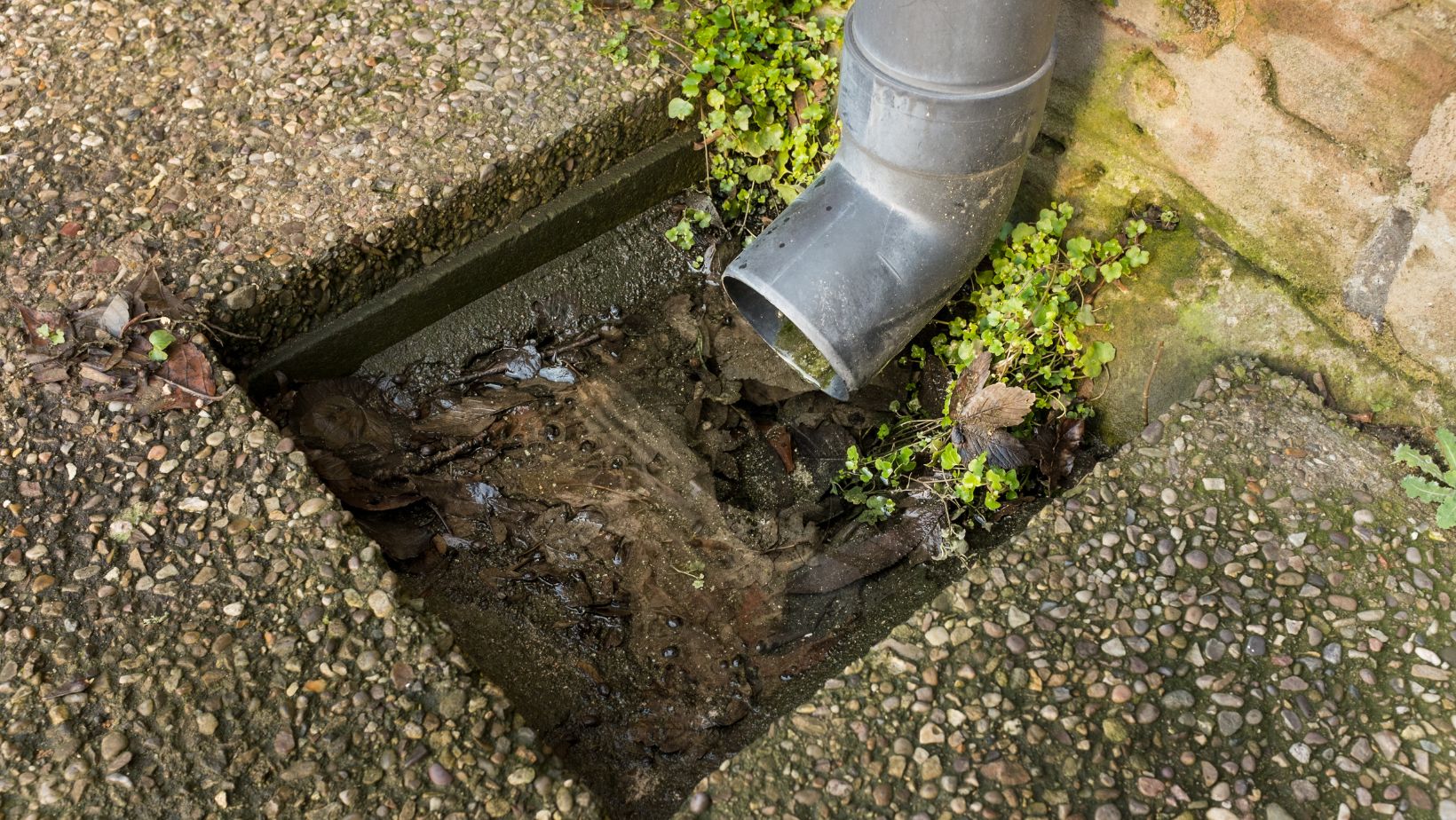
Blocked drains might seem like a minor inconvenience, but they can lead to some serious issues that aren’t always immediately obvious. From health risks to costly damage, the hidden dangers of blocked drains can affect both your well-being and your home. Let’s uncover these hidden dangers and explain why it’s crucial to address blocked drains promptly.
Health Risks Associated with Blocked Drains
Bacterial Growth: When a drain is blocked, water can stagnate and become a breeding ground for harmful bacteria and pathogens. This isn’t just unpleasant—it can pose serious health risks. Bacteria such as E. coli and Salmonella thrive in such environments, potentially leading to infections or gastrointestinal issues.
Foul Odors: The smells coming from a blocked drain aren’t just annoying—they’re a sign that harmful bacteria are at work. These odors can affect indoor air quality and might even lead to respiratory issues, especially if you or your family members have pre-existing health conditions.
Allergic Reactions: Blocked drains can also lead to mold and mildew growth due to excess moisture. Mold spores can trigger allergic reactions and exacerbate respiratory problems like asthma. If you notice a musty smell or see mold patches around your drains, it’s time to take action.
Impact on Home Structure
Water Damage: The immediate consequence of a blocked drain is often visible water damage. This can affect your floors, walls, and ceilings. Water leakage from a blocked drain can warp wood, bubble paint, and even cause drywall to collapse if left unchecked. Click on the link if you have water coming through light fixture.
Mold and Mildew: Excess moisture from a blocked drain can lead to mold and mildew growth. This not only damages your home’s structure but can also be costly to remediate. Mold removal often requires professional treatment and can lead to significant repair bills.

Potential for Pest Infestations: Blocked drains can attract pests like rodents and insects looking for a water source. This can further damage your home and create additional health hazards. Pests are not just a nuisance—they can carry diseases and cause further structural damage.
Economic Consequences
Repair Costs: The financial impact of ignoring a blocked drain can be substantial. Repairing water damage and structural issues caused by blocked drains can run into thousands of dollars. From fixing floors to treating mold infestations, these costs add up quickly.
Increased Utility Bills: Blocked drains can also lead to higher water and energy bills. When your plumbing isn’t working efficiently, you might notice that your water bills rise, and your water heater may have to work harder, leading to increased energy consumption.
When to Seek Professional Help
Signs You Need a Professional: If you’ve tried DIY methods to clear a blockage without success, or if you’re dealing with multiple affected drains, it’s time to call a professional. They have the expertise and tools needed to handle more complex issues.
Choosing a Reliable Service: When selecting a plumbing service, look for a company with good reviews and a track record of reliability. A professional plumber can quickly diagnose and fix the problem, saving you time and potential headaches.
Why Bleach is a Bad Idea for Drains
Have you always heard that bleach is the answer to everything? While this is a popular cleaning agent that most people have under their kitchen sink, it’s not always suitable for every cleaning job. In particular, you may hear that this is a suitable cleaner for the drains. However, know that it’s a bad idea to use bleach for this job. It can have consequences that are inconvenient, damaging, and expensive. Let’s take a closer look at what you need to know.
What is Bleach Really For?
So, you’ve learned that bleach isn’t a product that’s designed for unblocking drains. So, what’s it really for? Well, this is primarily a cleaning agent.

In other words, it’s going to be effective at killing germs that might be present in your home. You can use it for sanitation purposes, whether you’re cleaning the bathroom or kitchen counters.
Where people often get confused with bleach is that they pour it down the drains. Since it’s a strong chemical, it can mask odours and make it seem like the place has been cleaned. So, people believe it’s unclogged areas like a sink. But, what it does it mask the odour and the clog is still there. The symptoms will return later on.
Can It Cause Damage?
It’s very easy to assume that bleach isn’t that harmful to the pipes. They’re built to be strong and sturdy, right? Don’t underestimate the power of bleach and the chemicals it contains. It can damage older drainage systems, and this is something that your wallet or purse doesn’t want. In particular, bleach won’t remove debris from your drains. So, if you have a blockage, bleach won’t be powerful enough to blast it away. Instead, it can sit in the pipes, and this is when it can cause damage. For example, it can burn PVC pipes, which can lead to costly repairs.
Conclusion
Blocked drains might seem like a minor issue, but the hidden dangers can be significant. From health risks and structural damage to financial consequences, the impact of neglecting blocked drains can be far-reaching. By understanding these hidden dangers and taking proactive steps to maintain your drains, you can protect your home and your health. Don’t wait until it’s too late—address any drain issues promptly to avoid costly and potentially harmful consequences.





